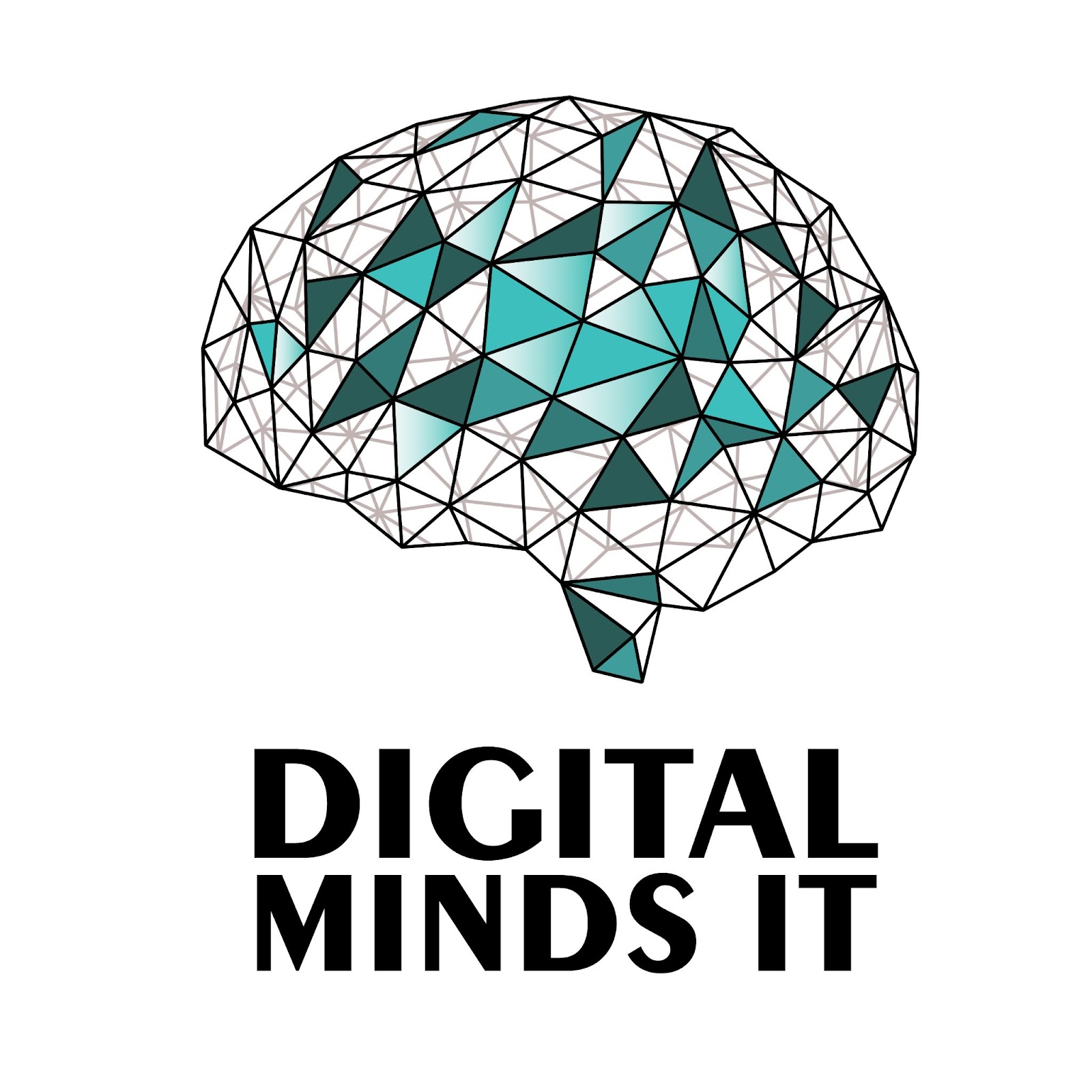In recent years, artificial intelligence (AI) has emerged as a game-changing technology in a variety of sectors, and the healthcare industry is not an exception. The integration of AI in medicine has revolutionized patient care, diagnostics, and treatment methodologies, unlocking a new era of possibilities. This blog post explores the innovative applications of AI in medicine, its transformative impact on healthcare, and the potential it holds for the future.
1. AI-Driven Diagnostics
1.1 Early Disease Detection
AI algorithms have demonstrated exceptional capabilities in
analyzing vast amounts of medical data, enabling early detection of diseases.
From analyzing radiological images for cancer to identifying specific
biomarkers in blood samples, AI-powered diagnostic tools can assist healthcare
professionals in detecting diseases at their nascent stages, enhancing the
potential for successful treatment outcomes.
1.2 Predictive Analytics
AI-driven predictive models leverage patient data to
forecast disease progression and identify individuals at higher risk of
developing certain conditions. These predictive insights enable proactive
interventions and personalized treatment plans, ultimately improving patient
outcomes.
2. Enhanced Patient Care
2.1 Personalized Medicine
AI is empowering personalized medicine by analyzing
patients' genetic data, lifestyle choices, and medical history to tailor
treatment plans uniquely suited to individual needs. This precision approach
ensures more effective treatments and reduced adverse reactions, marking a
significant step forward in patient care.
2.2 Virtual Health Assistants
AI-powered virtual health assistants, such as chatbots and
voice-activated interfaces, are transforming patient interactions. These
assistants can answer medical queries, provide self-care advice, and offer
medication reminders, enhancing patient engagement and adherence to treatment
plans.
2.3 Remote Patient Monitoring
AI-enabled remote monitoring devices continuously collect
and analyze patient data, providing real-time insights to healthcare providers.
This remote monitoring capability allows timely interventions for patients with
chronic conditions and ensures continuous care even outside traditional
healthcare settings.
3. Advancements in Medical Research
3.1 Drug Discovery and Development
AI is accelerating drug discovery and development by
analyzing vast databases and identifying potential drug candidates. AI algorithms
can predict drug interactions, side effects, and efficacy, reducing the time
and cost involved in bringing new drugs to market.
3.2 Genomic Analysis
AI plays a crucial role in analyzing genomic data,
identifying disease-causing mutations, and understanding the genetic basis of
various medical conditions. This deeper understanding of genomics paves the way
for targeted therapies and precision medicine.
4. AI and Surgical Innovations
4.1 Robotic-Assisted Surgeries
AI-powered robotic systems are revolutionizing surgical
procedures, allowing for more precise and minimally invasive surgeries. These
robotic assistants enhance the surgeon's dexterity, reduce surgical risks, and
improve patient recovery times.
4.2 Surgical Decision Support
AI algorithms analyze pre-operative and intra-operative data
to provide real-time guidance and support to surgeons. This decision support
helps improve surgical outcomes, especially in complex and high-risk
procedures.
5. Ethical Considerations and Challenges
5.1 Data Privacy and Security
The implementation of AI in medicine raises concerns about
data privacy and security. Safeguarding patient data is crucial to preventing
unauthorized access and potential misuse of sensitive medical information.
5.2 Bias and Fairness
The quality of the data used to train AI systems directly
impacts their overall performance. Biases in data can result in biased AI
models, leading to unequal treatment recommendations and healthcare
disparities. Ensuring fairness and transparency in AI models is essential to
avoiding such ethical challenges.


.jpg)



0 Comments